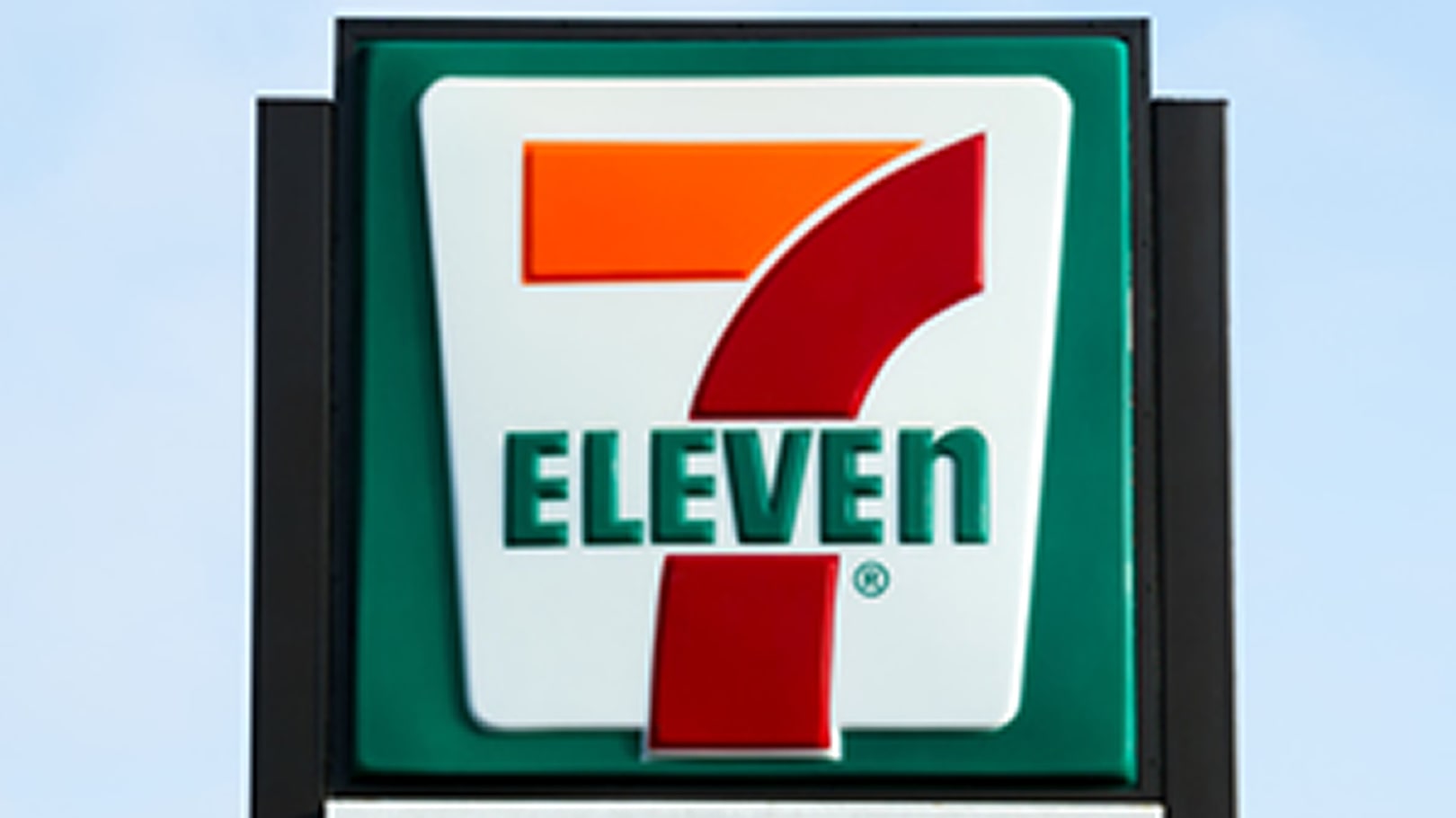Undocumented Workers: Arizona Employers Prepare for the ICE Storm
On January 10, 2018 the Immigration and Customs Enforcement (ICE) agency conducted a high-profile sweep of nearly one hundred 7-11 stores across 17 states.
Soon after I sat down with local Employment Attorney, Julie Pace of the Cavanagh Law firm to gather her perspective on the raids and discuss what it means for Arizona employers.
1. Julie, what’s your opinion as to the timing of these raids from a political standpoint? What message is being sent?
The Trump Administration is sending a message that they are tough on undocumented workers. These raids were a show of force to scare employers and workers across the country.
2. How common are such raids? This most recent one received a lot of national attention but are there lots we don’t hear about?
We used to have a lot of ICE raids from 1998 to 2000 and then the focus moved to I-9 audits and fewer company raids. Today, we will see more raids and deportations under the Trump Administration. Over the past five months we have seen an increase in I-9 audits by ICE.
3. Of the 17 states impacted in last week’s raid, Arizona wasn’t one of them. Why not?
Arizona employers have in the past been subject to many I-9 audits, mandatory E-Verify along with raids, however as a state we are generally more compliant than others that have done nothing about I-9 compliance. ICE resources appear allocated to such states as a reminder to pay attention and ensure I-9 compliance.
4. Can you explain how ICE determines which employers will be raided? Do they work on an anonymous tip system or just how exactly does an employer get on ICE’s radar?
ICE conducts I-9 audits and raids based on tips, targeting of specific industries, or because of a high number of identity theft issues or SSN mismatches. A large volume of workers exempting themselves from withholding of taxes can also be a flag.
Sometimes an employer is targeted as a result of law enforcement activity. For example an employee is arrested for a DUI on a Saturday night. ICE promises the employee the ability to stay in the United States provided he/she cooperates. ICE will issue a victim’s visa if the employee agrees to return to the company where he/she is employed and be a witness for the Government by gathering evidence and tape recordings. ICE then uses this evidence to prove the company had knowledge of undocumented workers and failed to comply with I-9 rules.
5. Can you comment on any trends you’re seeing as far as ICE activity in Arizona? Which industries are being targeted?
Targeted industries are those with employees in service industries such as agriculture, construction, restaurants and hospitality, retail, landscaping, janitorial, and healthcare, such as nursing homes and caregivers.
6. Can Arizona employers assume they’re dotting all the “I’s” and crossing all the “T’s” as long as they’re fulfilling the E-Verify requirement?
No. Arizona employers need to first protect their companies by complying with I-9 requirements and then also E-verify requirements. Fully complete and correct I-9s are key.
7. What are the most common mistakes you see with respect to E-Verify?
Employers who use E-Verify often forget to print two copies of the Further Action Notice and Notice of Contest pages. Companies must provide employees with one set of copies. The Company must have the employee sign the other set of copies and clip the signed notices to the original I-9 form.
8. Based on your experience working with employers, can you share with us a few of the most important “Dos” and “Don’ts” for employers should ICE come knocking?
DO:
If ICE drops off a subpoena for I-9s the company has 72 hours to prepare and provide original I-9s. For that reason do obtain experienced legal guidance immediately upon receipt as there are numerous steps involved and a very tight timeline in which to complete them.
DON’T:
Respond to questions and engage in discussion with ICE when they drop off the notice.
DO:
Always get a receipt of every I-9 provided to ICE, including name of each person on the I-9.
9. What’s your advice for employers operating in multiple states who may be removed from the hiring process in each location?
Companies must comply with I-9s requirements in every state in which they operate, even with remote employees. This means that a company representative or an agent must touch and feel the identification cards presented by an employee to complete the I-9 form.
10. What are the repercussions for employers found to be employing undocumented workers?
Employers who fail to properly complete I-9s can be subject to civil fines, criminal penalties, not to mention disruption or bankruptcy of business as they lose their workers. Companies who have knowledge of undocumented employees can also be subject to seizure of assets.
11. What can employers expect in the coming months as it relates to ICE raids?
More raids, I-9 audits, E-Verify audits, and deportations. Robotic industry will expand to try to replace human workers to help offset extreme labor shortage in this country.
12. How can your firm help employers avoid immigration snags in 2018?
Now is the time to complete internal I-9 and E-verify audits and ensure your company is compliant. We have a lot of companies calling us to review and strengthen their immigration compliance programs with policies, forms, and corrections of I-9 and E-Verify documentation. Even electronic I-9 programs should be audited for compliance.
Julie, thank you for your time today and for the timely insight on this topic. I’m sure a number of Arizona employers will be making I-9 audit preparation a priority in 2018.
Julie Pace and I share a number of clients and she has been a great resource over the years in helping to protect employer interests. In addition to immigration matters:

Julie Pace’s practice handles employment law, handbooks, drug and alcohol policies, I-9 and E-Verify compliance, OSHA, independent contractor and alleged misclassification issues and defends claims of sexual harassment, employment discrimination, retaliation, whistleblower, wrongful discharge, and defends against charges by the EEOC or ACRD. She handles matters involving confidentiality and anti-solicitation of customers and OSHA, ICE, E-Verify, DOL, Davis-Bacon, FAR, SCA, OFCCP, EBSA, NLRB, ADA and healthcare, ADA, FMLA, ERISA, government contracts and wage and hour audits and issues. She regularly provides training to companies and assists with investigations.
Julie can be reached at 602.322.4046 or jpace@cavanaghlaw.com
For questions please contact me at jmorrow@employerbenefitsandadvice.com or 602-903-4047.

